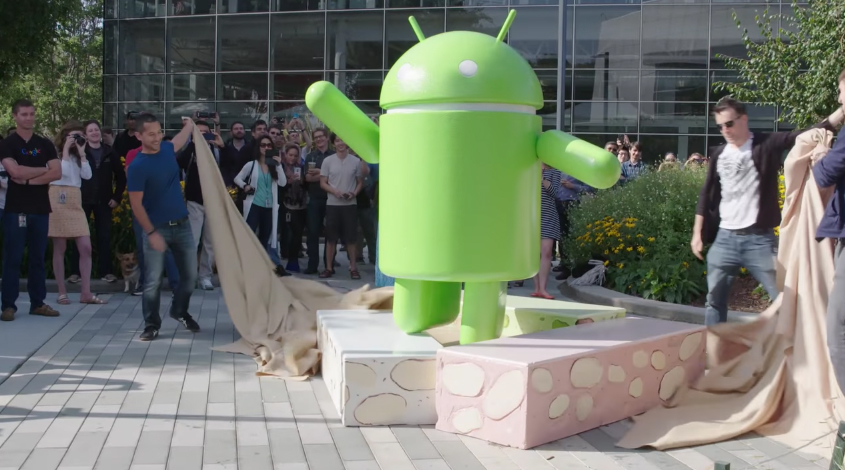Despite Google’s best efforts, device fragmentation remains an ongoing and frustrating problem for Android users. So while Google may be understandably boasting about the benefits and perks of Android 7.0 Nougat, the reality is that many Android users will be left out in the cold with no ability to upgrade whatsoever.
According to a recent report from Ars Technica, Android devices that employ either Qualcomm’s Snapdragon 800 or 801 processor cannot be upgraded to Nougat. To put it mildly, this has far-reaching ramifications because “those two chips powered practically every single Android flagship sold from late 2013 until late 2014, and a few more recent devices to boot.”
Now it’s one thing for some cheap off-the shelf Android handset to be stuck with an antiquated mobile OS, but when Android flagships can’t even get in on the upgrade action, well, that’s got to be extremely frustrating for users who might reasonably expect device support for a few years.
DON’T MISS: Bloomberg just laid out everything to expect at next week’s big iPhone 7 event
In stark contrast, Apple’s upcoming iOS 10 will support iPhone models going all the way back to the iPhone 5, a device that was first released back in 2012.
Truth be told, Google’s inability to get its massive user base onto its most recent mobile OS has remained a lingering problem for nearly a decade. While Google has certainly taken steps to alleviate the issue, the cold hard data is hard to ignore. This past March, for example, iOS 9 adoption across all Apple devices reached a respectable 79%. In contrast, only 2.3% of Android users at the time were using Android Marshmallow… which was released around the same time as iOS 9.
Looking at the latest information from Google’s developer page, nearly 50% of all Android devices in use are still running Android KitKat or an even older variation of Android. As a frame of reference, KitKat was initially released in October of 2013.
Say what you will about the openness of Android, but that same openness is what often prevents many users from being able to enjoy the OS’s latest and greatest new features.








